
Lipigard 40mg Tablet
Manufacturer
Nova Lifesciences Pvt. Ltd.
Salt Composition
Atorvastatin (40mg)
Key Information
Short Description
Lipigard 40mg Tablet belongs to a group of medicines called statins. It is used to lower cholesterol and to reduce the risk of heart diseases.
Dosage Form
Tablet
Introduction
Lipigard 40mg Tablet is a widely prescribed medicine and is regarded as safe for long-term use when taken as per the doctor's advice. It can be taken with a meal or on an empty stomach. You can take it at any time of the day but try to take it at about the same time each day. Most people with high cholesterol do not feel ill but stopping your medicine may increase your cholesterol levels thereby increasing your risk of heart disease and stroke.
Directions for Use
Take this medicine in the dose and duration as advised by your doctor. Swallow it as a whole. Do not chew crush or break it. Lipigard 40mg Tablet may be taken with or without food but it is better to take it at a fixed time.
How it works
Lipigard 40mg Tablet is a lipid-lowering medication (statin). It works by blocking an enzyme (HMG-CoA-reductase) that is required in the body to make cholesterol. It thus lowers 'bad' cholesterol (LDL) and triglycerides raising the level of 'good' cholesterol (HDL).
Quick Tips
Inform your doctor if you experience fatigue muscle weakness or muscle pain. Your doctor may check your liver function before starting the treatment and regularly thereafter. Inform your doctor if you notice signs of liver problems such as stomach pains unusually dark urine or yellowing of skin or eyes.
Related Medicines
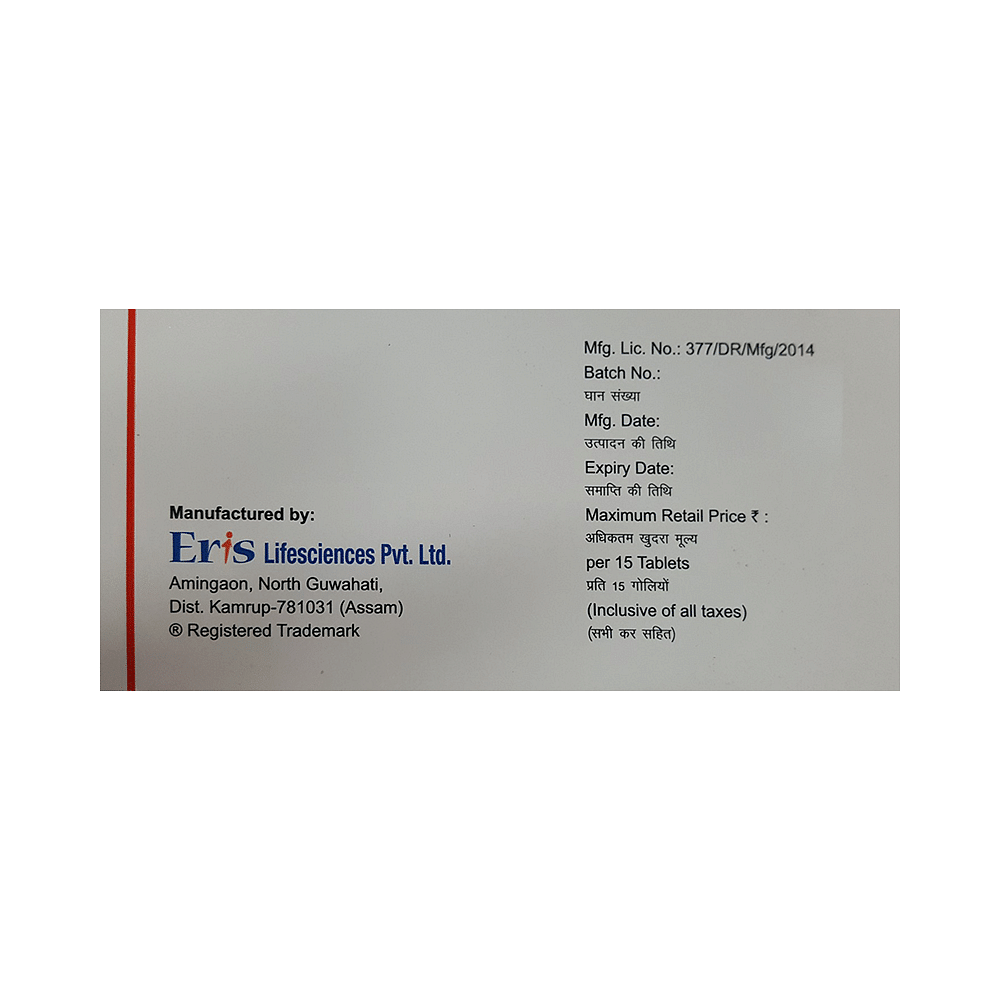
Atorsave 40 Tablet
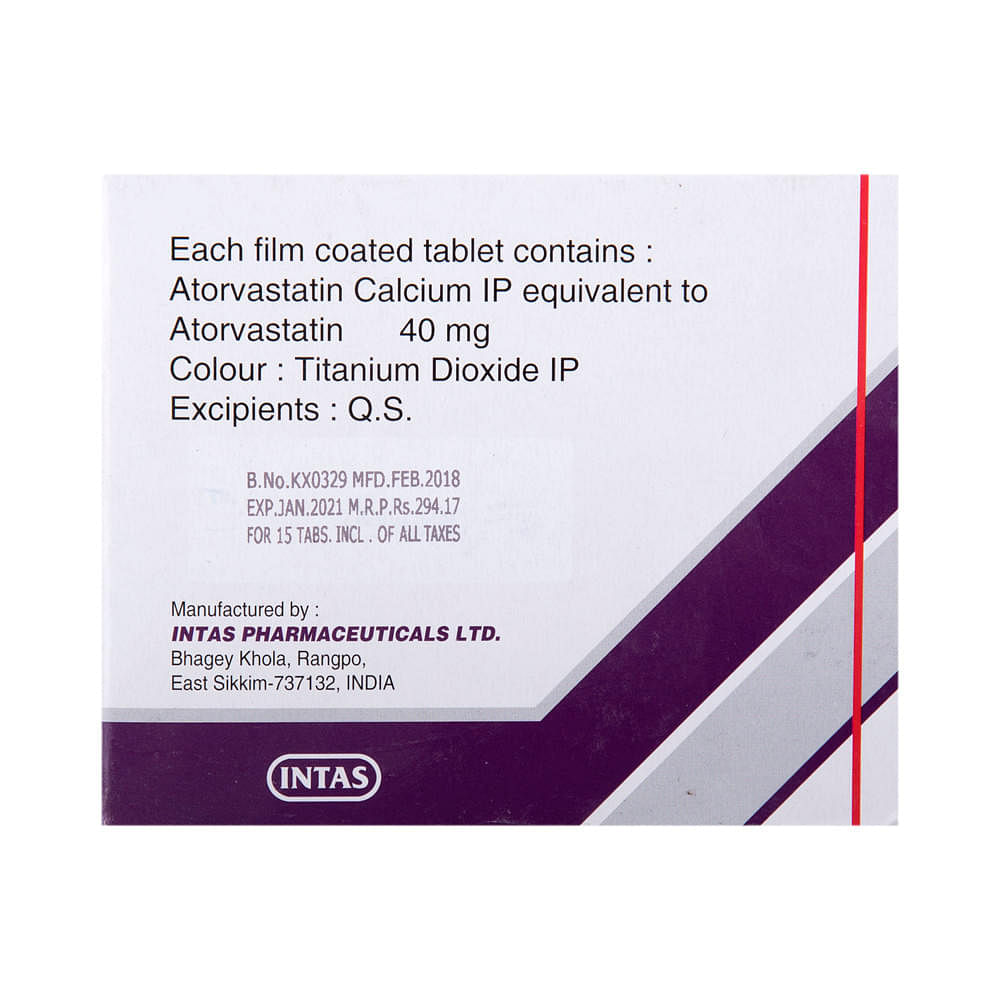
Lipicure 40 Tablet
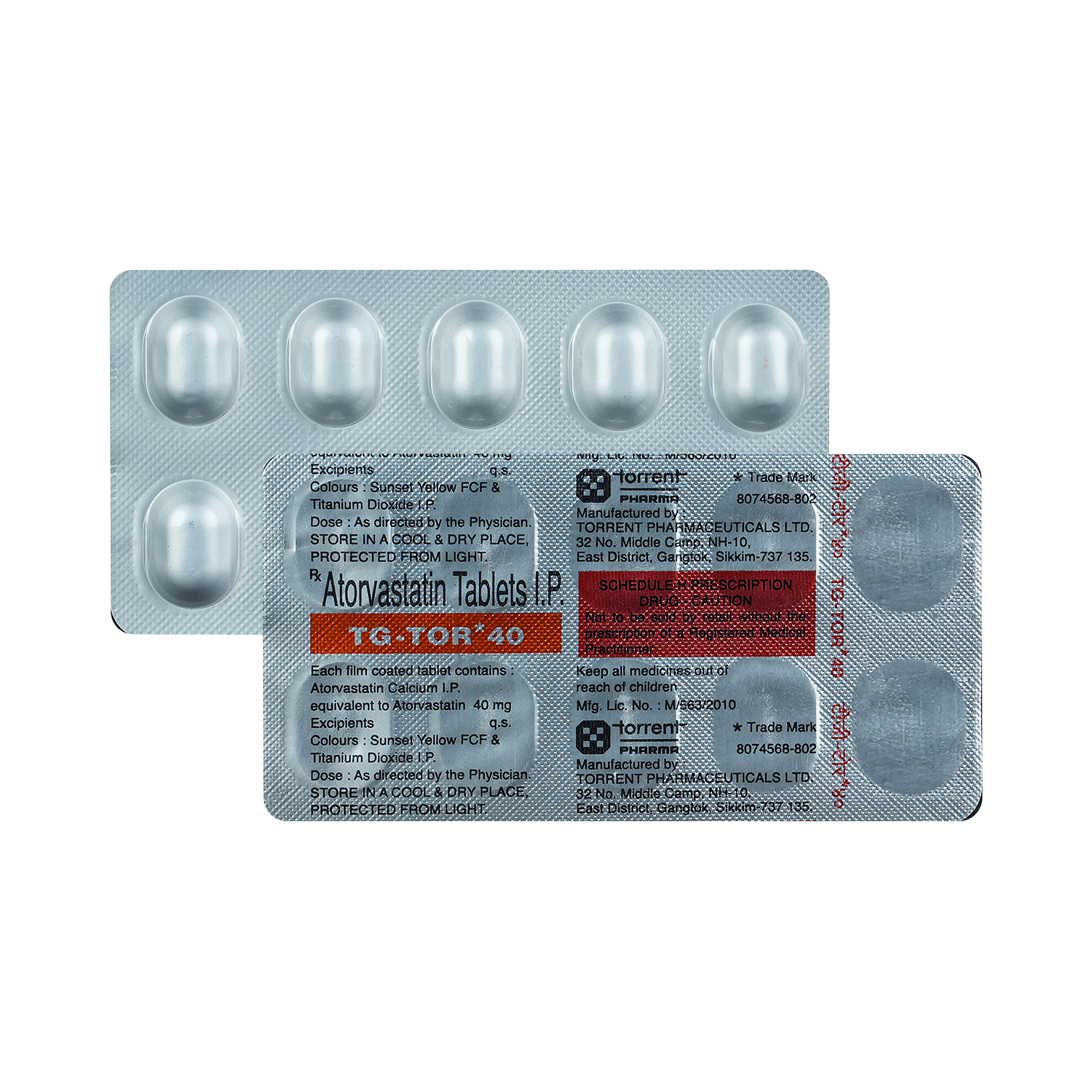
TG-Tor 40 Tablet
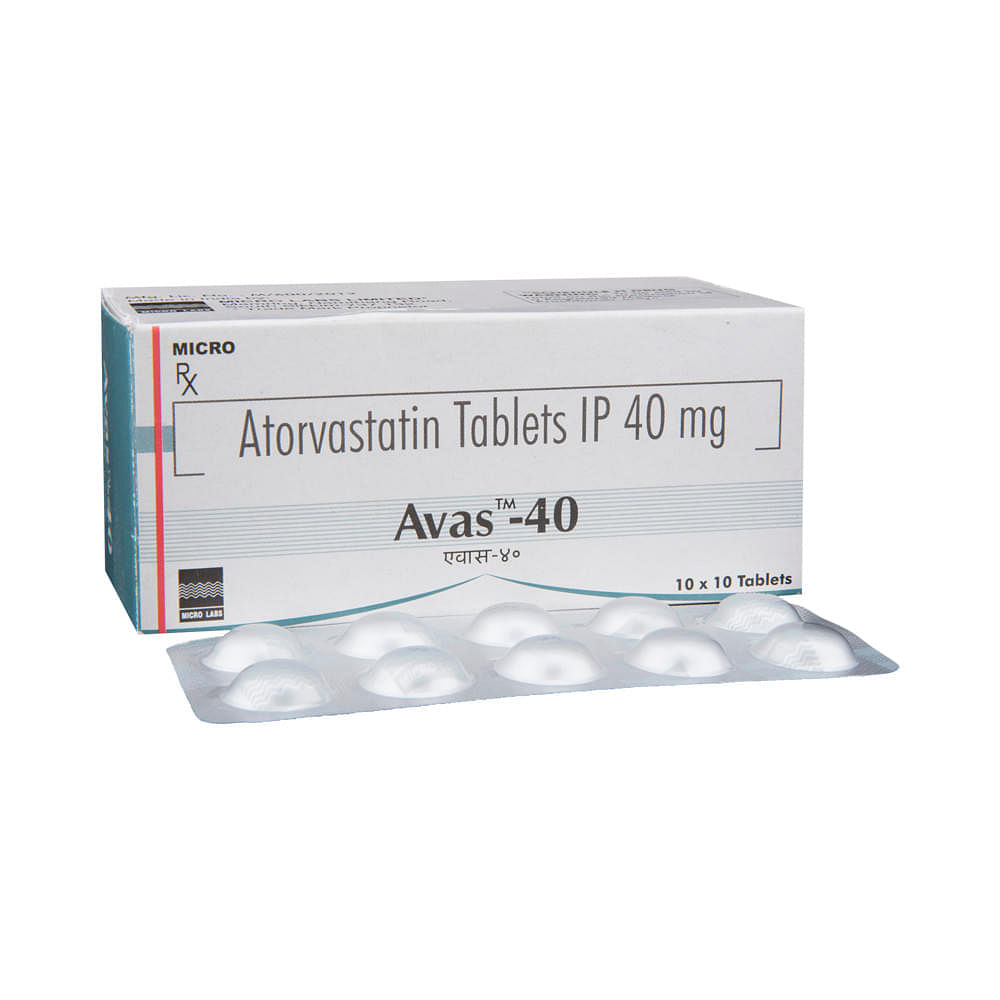
Avas-40 Tablet
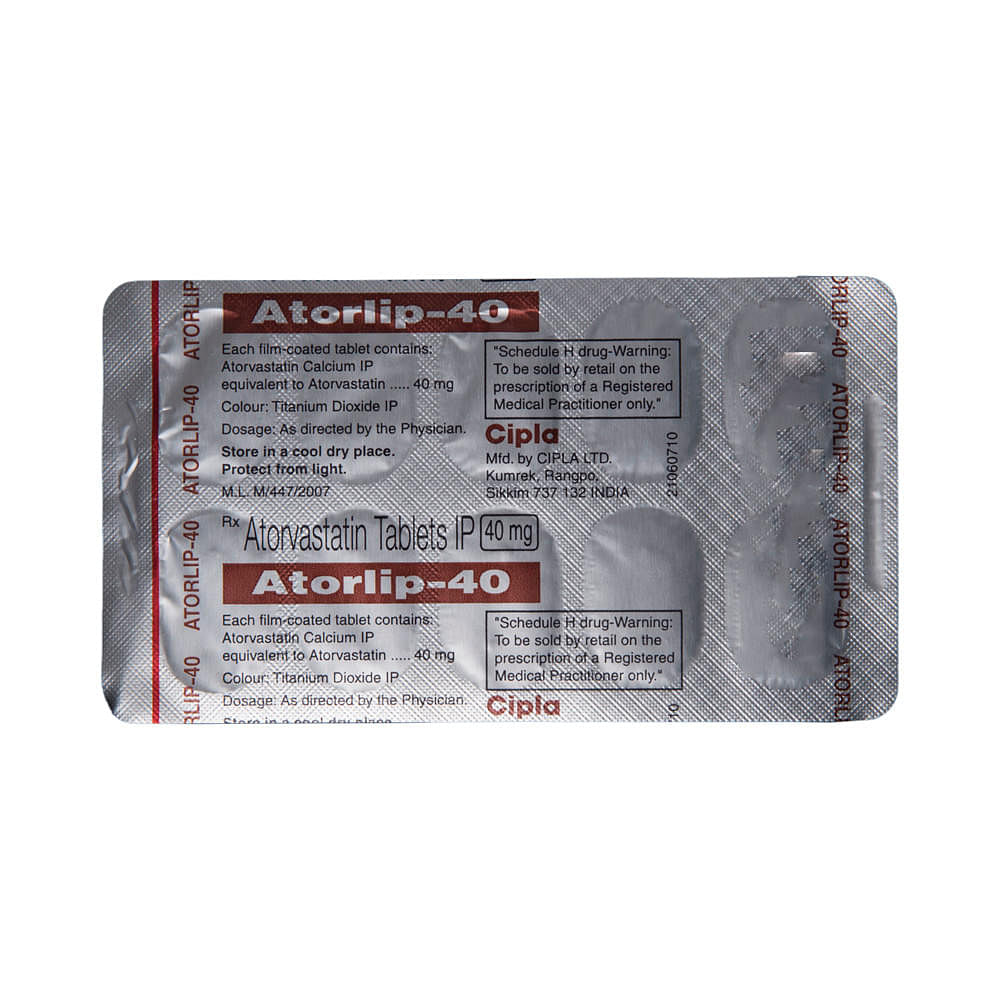
Atorlip-40 Tablet
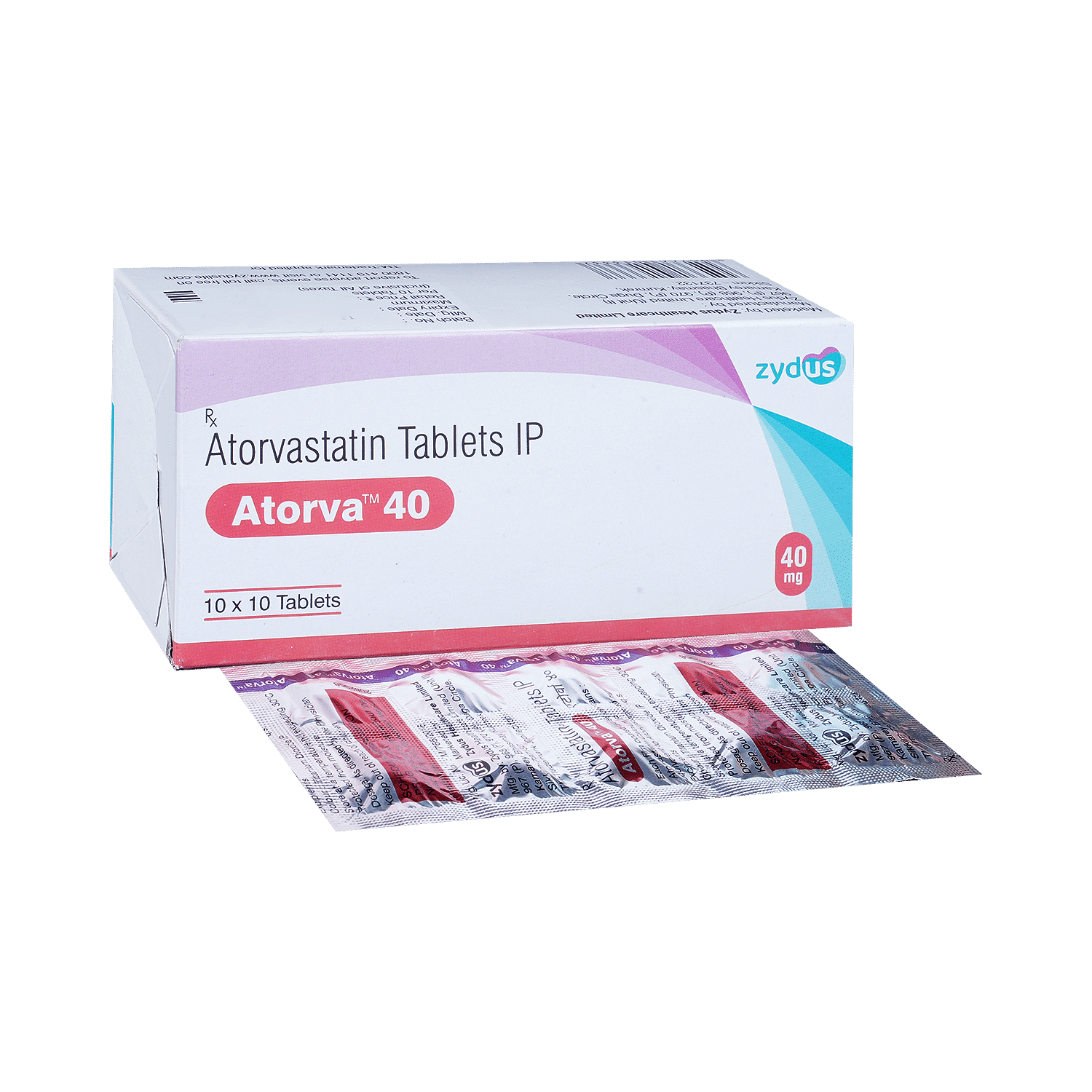
Atorva 40 Tablet
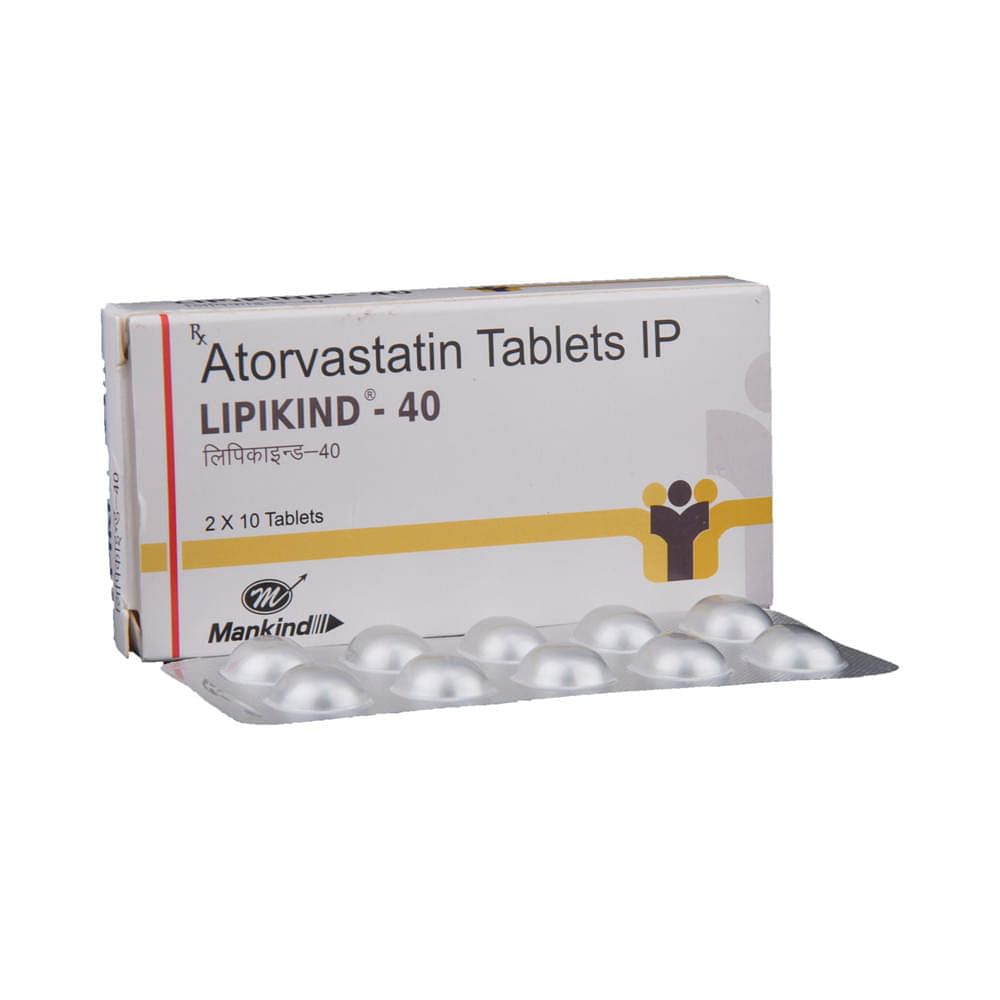
Lipikind-40 Tablet
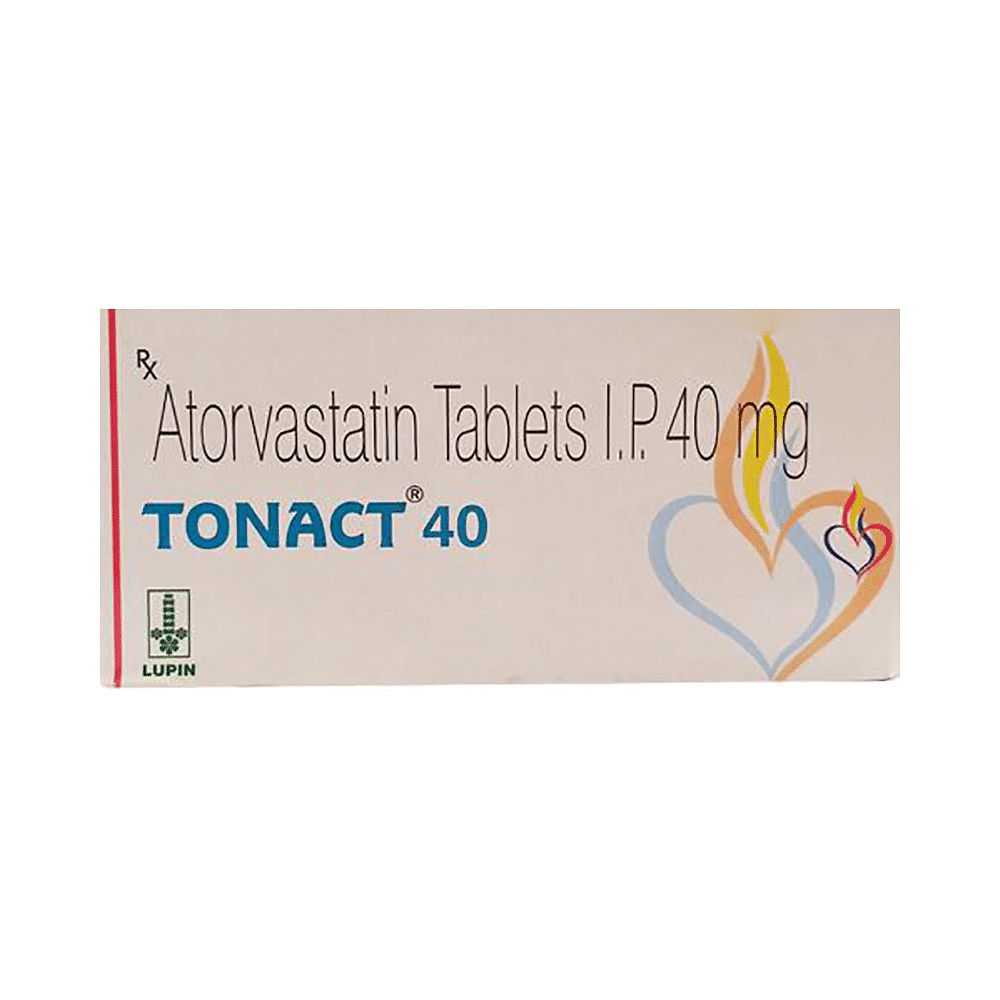
Tonact 40 Tablet
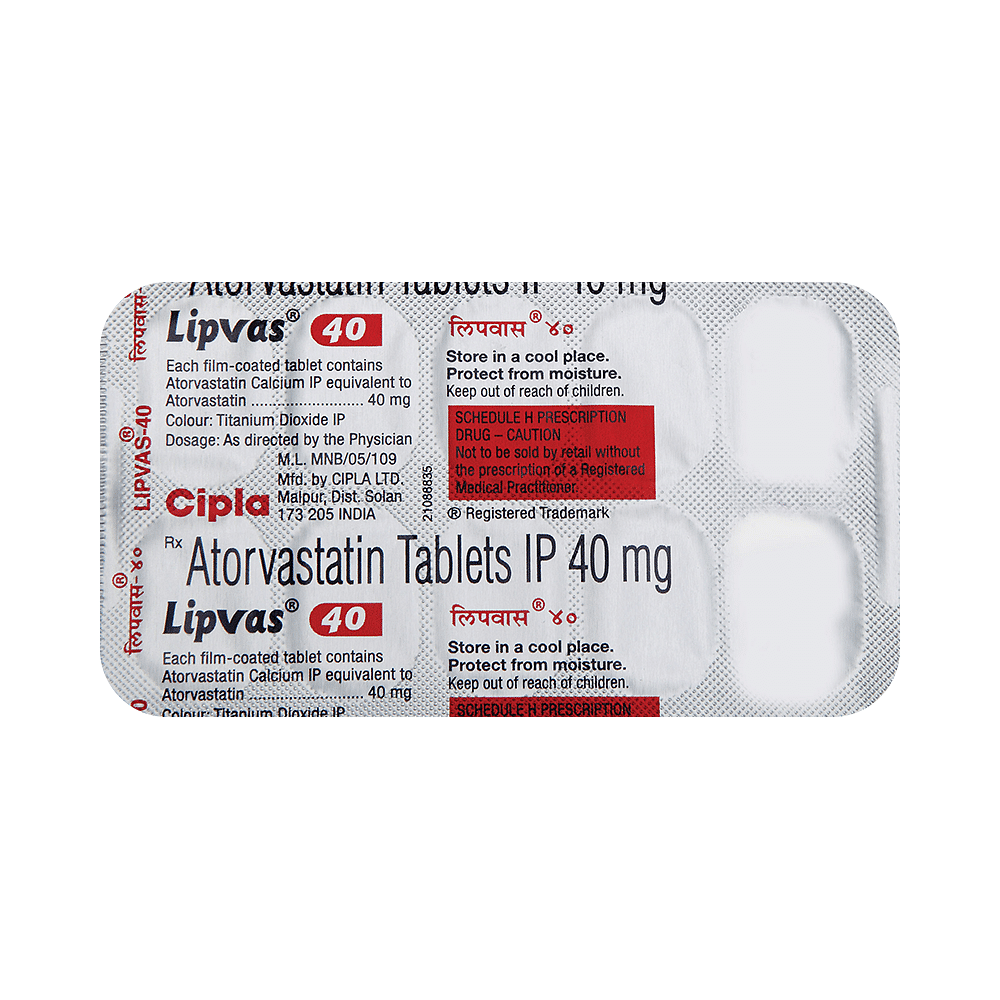
Lipvas 40 Tablet
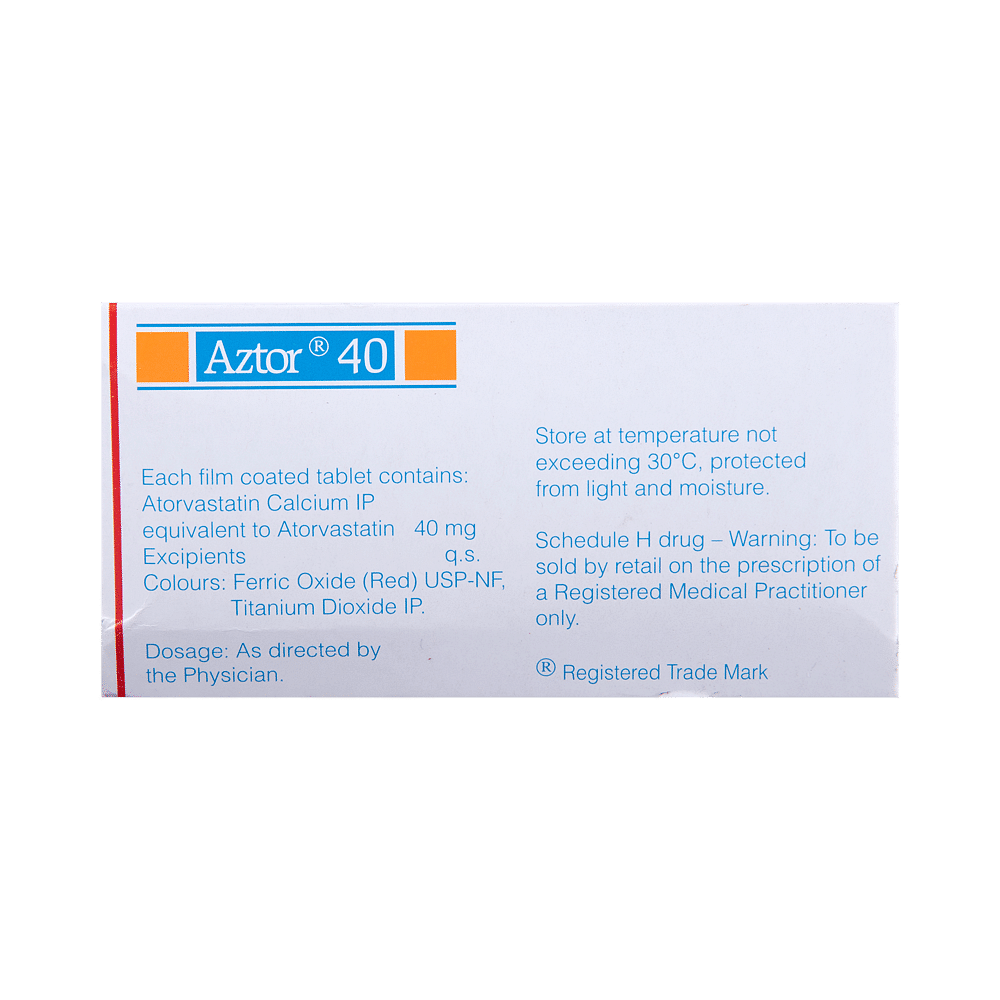
Aztor 40 Tablet
Frequently asked questions
What should I know about high cholesterol?
High cholesterol is a condition where there is too much fat in your blood. Total cholesterol levels are determined by the total amount of LDL (bad) and HDL (good) cholesterol in the body. LDL cholesterol can build up in the walls of your blood vessels, slowing or blocking blood flow to your heart, brain, and other organs, potentially leading to heart disease and stroke. On the other hand, HDL cholesterol helps prevent bad cholesterol from building up in blood vessels.
Can Lipigard 40mg Tablet cause muscle problems or muscle injury?
Yes, taking Lipigard 40mg Tablet can lead to muscle problems or muscle injury. This is due to reduced oxygen supply to the muscle cells, causing fatigue, muscle pain, tenderness, or muscle weakness. The soreness may be severe enough to interfere with your daily activities. Consult your doctor for advice on preventing this and avoiding making it worse.
Is Lipigard 40mg Tablet used for lowering cholesterol?
Lipigard 40mg Tablet belongs to a group of medicines known as statins, which lowers the level of lipids or fats. It is used to lower lipids (cholesterol and triglycerides) in the blood when a low-fat diet and lifestyle changes fail to lower cholesterol levels. If you are at an increased risk of heart disease, Lipigard 40mg Tablet can also be used to reduce such risk even if your cholesterol levels are normal.
Can Lipigard 40mg Tablet be prescribed to children?
Lipigard 40mg Tablet is for adults and children aged 10 years or more whose cholesterol levels do not come down enough with exercise and a low-fat diet. It is not approved for use in patients younger than 10 years old.
Is Lipigard 40mg Tablet safe to take if I have liver problems?
No, it is not advised to take alcohol with Lipigard 40mg Tablet as the risk of developing liver problems increases. Moreover, there is a significant increase in triglyceride levels if Lipigard 40mg Tablet is taken along with alcohol, which can further lead to liver damage and worsen some side effects such as muscle pain, muscle weakness, and tenderness.
Does Lipigard 40mg Tablet cause memory loss?
Memory loss may occur in very rare cases while taking Lipigard 40mg Tablet. This is generally non-serious and may disappear within about 3 weeks of discontinuing the medication. However, you should consult your doctor if you experience this side effect as it could be due to some other reason.
When should I take Lipigard 40mg Tablet?
Lipigard 40mg Tablet is generally taken once a day and can be taken at any time of the day, with or without food. Try taking this medicine at the same time every day to help remember when to take it.
Does Lipigard 40mg Tablet make you tired?
Yes, Lipigard 40mg Tablet can make you feel tired. This is because they reduce the energy supply to the muscles in the body. However, the exact reason behind the phenomenon is unknown and needs more research. Tiredness usually occurs after exertion.
What are the most common side effects of Lipigard 40mg Tablet?
The common side effects of Lipigard 40mg Tablet include nausea, indigestion, constipation, flatulence, diarrhea, headache, and aches and pains in your back and joints. It may also cause nosebleeds, sore throat, and cold-like symptoms.


